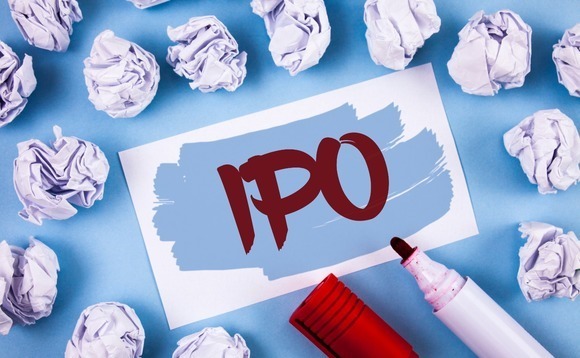
HKEX relaxes rules for IPOs by pre-profit tech companies

The Hong Kong Stock Exchange (HKEX) has loosened its listing requirements to allow pre-profit technology companies to go public with market capitalisations as low as HKD 6bn (USD 764m).
The HKD 6bn threshold applies to companies with annual sales in excess of HKD 250m. Otherwise, the minimum market capitalisation is HKD 10bn. Additional requirements include significant participation by sophisticated independent investors - who have been shareholders for at least 12 months prior to the IPO - and at least 50% of shares to be bought by independent price-setting investors.
Qualification is also contingent on companies falling within certain industry verticals such as cloud computing, artificial intelligence (AI), electric and autonomous vehicles, semiconductors, metaverse, new materials and new energy.
Moreover, there are minimum R&D spending requirements. Pre-profit companies with revenues of HKD 150m-HKD 250m must allocate at least 30% of their annual operating budget to R&D. For companies with revenues below HKD 150m, the ratio should be 50% or above.
The regulatory revisions come five years after HKEX permitted IPOs by companies with weighted voting right (WVR) share structures - typically technology start-ups - and pre-revenue biotech players. The latest set of rules is referred to as Chapter 18C; the pre-revenue biotech provisions were under Chapter 18A.
There have already been plenty of listings by pre-profit technology companies on HKEX - from photo-editing app provider Meitu to e-book provider China Literature to AI specialist SenseTime. These companies received waivers because they were of a certain size.
WVR companies are subject to similar criteria to pre-profit technology players. They must pursue a certain kind of business model and achieve a market capitalisation of at least HKD 40bn. The threshold drops to HKD 10bn for those with annual revenue of at least HKD 1bn.
Alex Zhou, a partner at Qiming Venture Partners, told AVCJ in a previous interview that the 18C reforms are intended to lower the barrier for hard-tech and deep-tech companies.
The availability of comparable listed companies means that NASDAQ is seen as a logical home for autonomous driving and the Star Market for semiconductors. AI-enabled robotics appeals to domestic and international audiences, given its long-term tailwinds and tangible revenue, so Hong Kong could be appropriate. Qiming is looking to list several start-ups on HKEX.
"At HKEX, we are committed to continuously supporting the needs of issuers and investors and this further builds on our 2018 listing reforms, which amongst other things, swiftly established Hong Kong as Asia's premier biotechnology fundraising market," said Nicolas Aguzin, CEO of HKEX, in a statement.
Latest News
Asian GPs slow implementation of ESG policies - survey
Asia-based private equity firms are assigning more dedicated resources to environment, social, and governance (ESG) programmes, but policy changes have slowed in the past 12 months, in part due to concerns raised internally and by LPs, according to a...
Singapore fintech start-up LXA gets $10m seed round
New Enterprise Associates (NEA) has led a USD 10m seed round for Singapore’s LXA, a financial technology start-up launched by a former Asia senior executive at The Blackstone Group.
India's InCred announces $60m round, claims unicorn status
Indian non-bank lender InCred Financial Services said it has received INR 5bn (USD 60m) at a valuation of at least USD 1bn from unnamed investors including “a global private equity fund.”
Insight leads $50m round for Australia's Roller
Insight Partners has led a USD 50m round for Australia’s Roller, a venue management software provider specializing in family fun parks.








